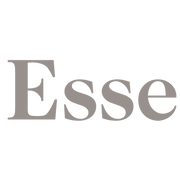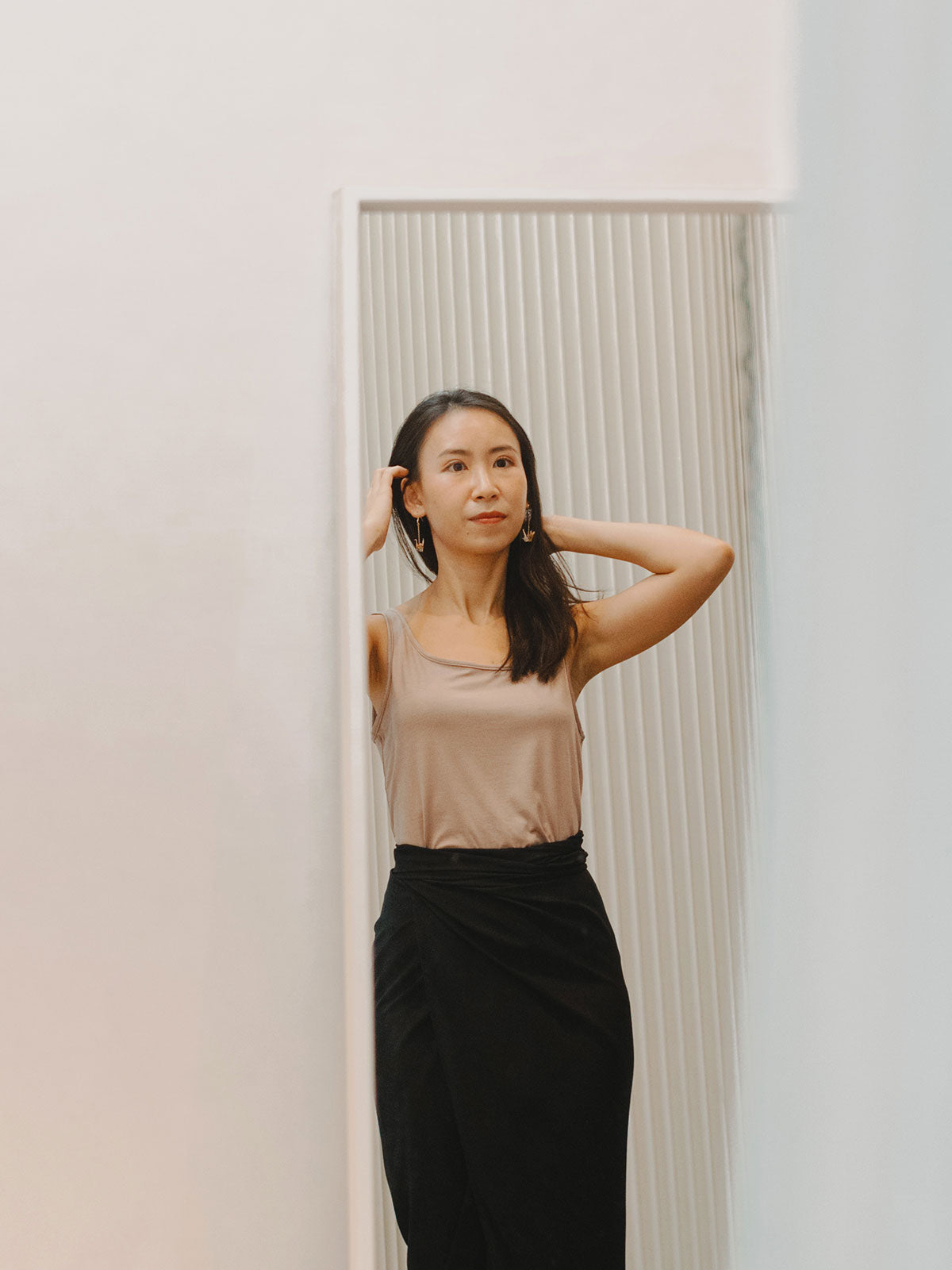
Fashion, made better for life.
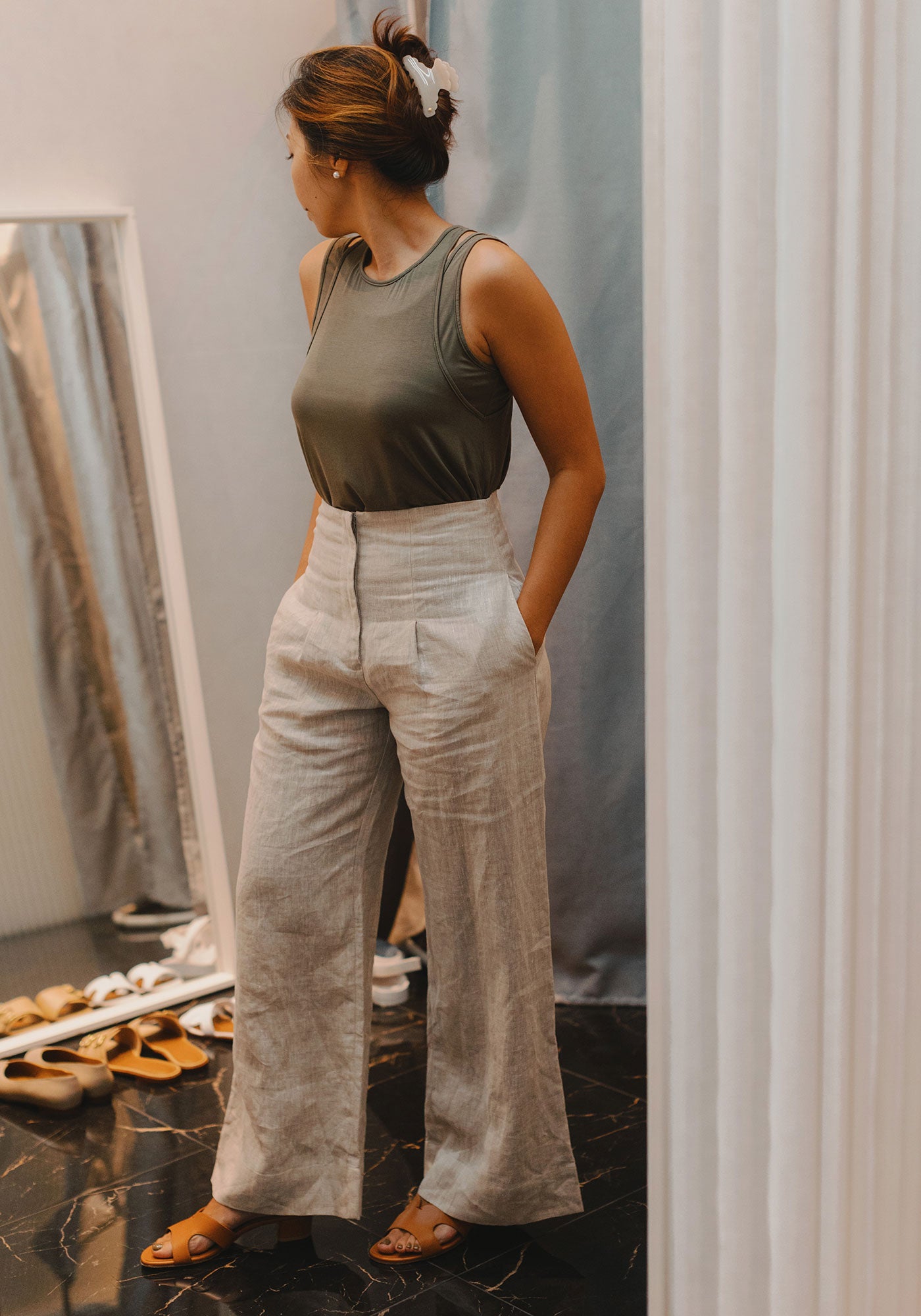
Our vision and mission
We envision a world where dressing well means dressing mindfully — for yourself and the planet.
And we’re on a mission to create sustainable, timeless wardrobe solutions designed to support real life.
Empowering women to live fully in every season of life, with style and intention.
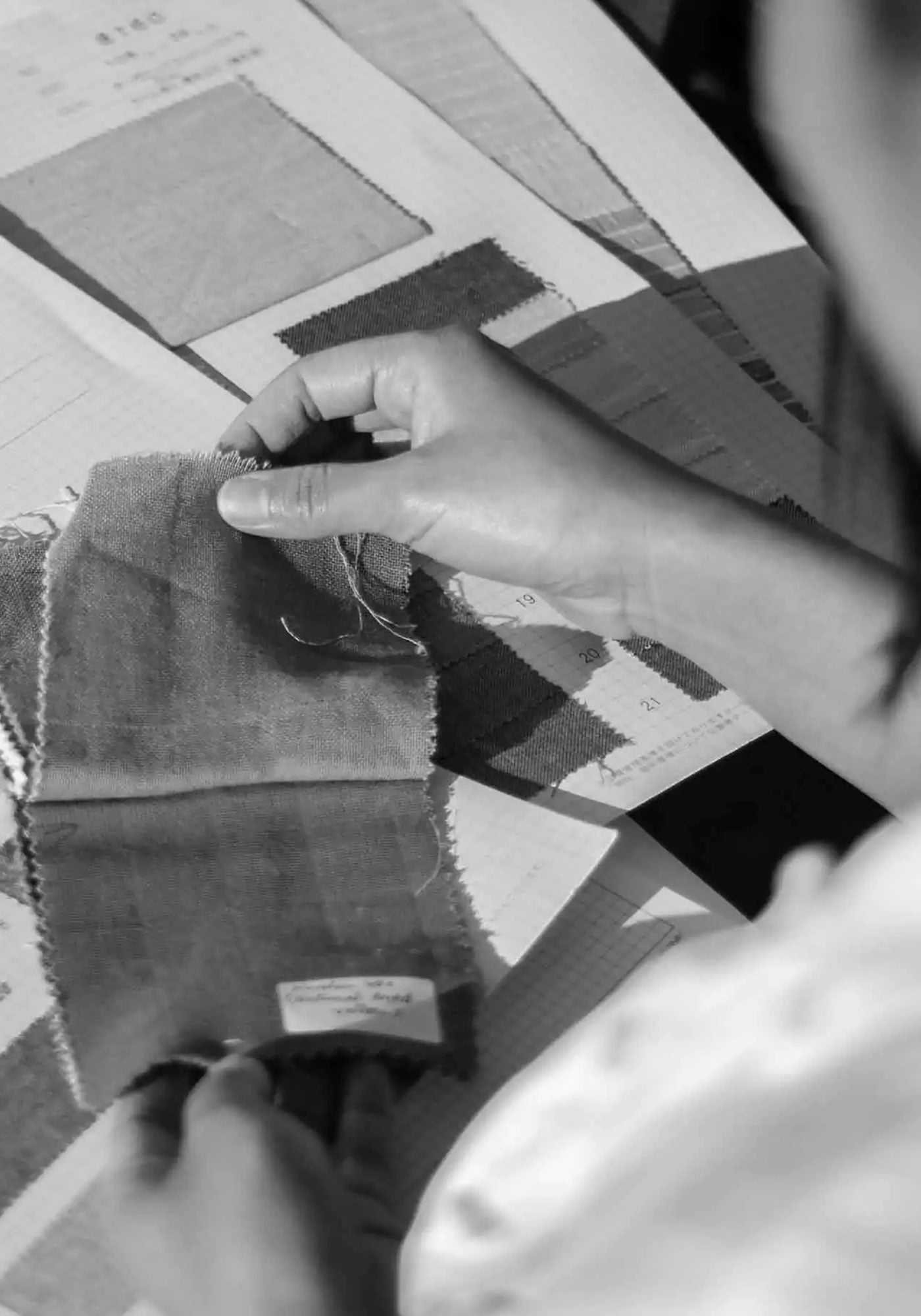
Reponsibly sourced
All our designs are made from organic, renewable, and biodegradable fibres. When sourcing for materials, we implement a selection criteria, taking into consideration water use, land use, eco-toxicity, human toxicity and greenhouse gas emissions. This is balanced against material availability, price and garment care implications.
100% Natural, Recycled and Organic Materials
Organic Cotton
At Esse, we aim to use GOTS certified organic cotton. Organic cotton is grown using methods and materials that have a low impact on the environment, using production systems that replenish and maintain soil fertility and are grown without the use of toxic and persistent pesticides and synthetic fertilizers.
Tencel® Lyocell
As of 2020, we only use lyocell certified by Lenzing TENCEL™. Lenzing TENCEL™ certified lyocell is produced by more environmentally responsible processes from sustainably sourced wood. The biobased fibers are manufactured using an environmentally responsible production process and are certified as compostable and biodegradable. This means that they can fully revert back to nature.
Lenzing TENCEL™ Lyocell uses a closed loop manufacturing process, where over 99% of water and non-toxic solvent used in the manufacturing process is recovered and recycled. To learn more, visit Lenzing's website.
Linen
Linen is made from flax and is one of the most biodegradable fabrics that has withstood the test of time. Strong, naturally moth resistant and anti-bacterial, linen is gentle on your skin and the planet.
Flax is an extremely resilient and versatile plant that can grow in poor soil, consuming far less water than cotton. Every part of the flax plant can be used, which means that there is very little by-product from growing this crop. The production of linen uses very little water and emits only ¼ of the carbon as cotton per pound of fibre. Most of our linen is made in mills that are OEKO-TEX certified. OEKO-TEX checks for presence of hazardous chemicals in the dyed fabric, carcinogens, azo dyes and other chemical limits in accordance to the European REACH standards.
Cupro
Cupro is a regenerated cellulose fibre made from cotton linter, which is a short downy fibre left on the cotton seed after extracting the longer fibres for cotton yarn. It has a smooth and silky feel, attractive lustre and is highly absorbent. Using a recycled fibre that was previously discarded, Cupro gives new life to pre-consumer waste, and is a biodegradable fibre that breaks down naturally after disposal. Like Lyocell, Cupro is produced in a closed loop manufacturing process.
Corozo Nut
We chose corozo as an alternative to horn and plastic. Coming from the Tagua tree, corozo is also known as Vegetal Ivory. It has a unique grain pattern, delivers scratch-free buttons and is extremely durable. Corozo is naturally harvested and can only be collected after it has fallen from the tree. Once mature, a Tagua tree can produce up to 25kg of nuts, for over a hundred years. Corozo is also a completely biodegradable product, and a great alternative for plastic.
Recycled PET
Our garment tags and interlining is made from post-consumer PET bottles. Our supplier is BCI, C2C Gold, bluesign, ECO-CHECK, Global Recycled Standard, Higg Index, ISO 14001, ISO 9001, OEKO-TEX® Standard 100, REACH and Restricted Substances List certified and uses cutting-edge technologies in its manufacturing processes to minimise their impact on the environment, like energy harvesting technologies, zero liquid discharge, and monitoring systems, ensuring that our tags and interlining is made in the most responsible standards.
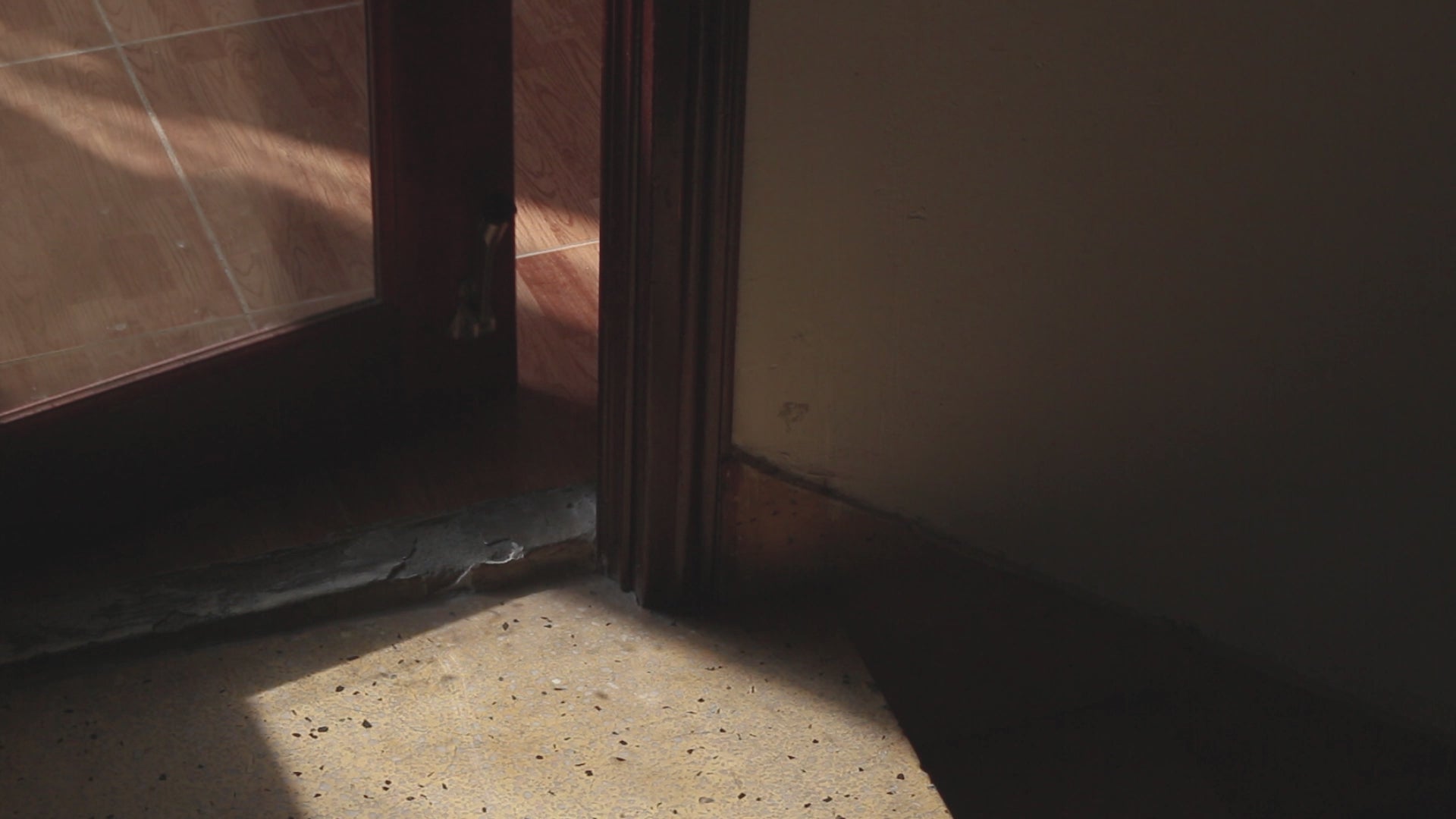
Made Ethically
Supplier workplace code of conduct
By selecting our partners through a stringent process and putting in place a Supplier Workplace Code of Conduct document for our partners to adhere to, we ensure that we remain true to our values.
As our partners are small businesses like ourselves who may not have had the relevant accreditations certifying a safe workplace and fair trade practices, we visit often to ensure that the workers at our partner factories work in a safe environment. Most of the workers have been at our partner factories’ for over 5 years.
Location
Where we make our products are important, and we choose to make our garments at small batch manufacturers around the region. Having the garments made close to our headquarters in Singapore is crucial to us, as that reduces our travel distance, lowering our carbon footprint. A close locality also allows us to visit our partners regularly to ensure that they maintain and apply the socially acceptable practices that we have outlined in our Supplier Workplace Code of Conduct.
